Activities of Tocatì, a shared programme for the safeguarding of traditional games and sports
Tocatì supports the traditional gaming and sport communities and its players well beyond the days of the festival by proposing itself as a permanent programme of activities for the Safeguard of traditional games and sports in permanent collaboration with the UNESCO Office of the MiC for Italy and Institutions of the international partnership, which includes Belgium – Department Culture, Youth and Media, France – Ministère de la Culture – Direction Générale, Croatia – Ministry of Culture of the Republic of Croatia and Cyprus – Ministry of Education, Culture, Sport and Youth.
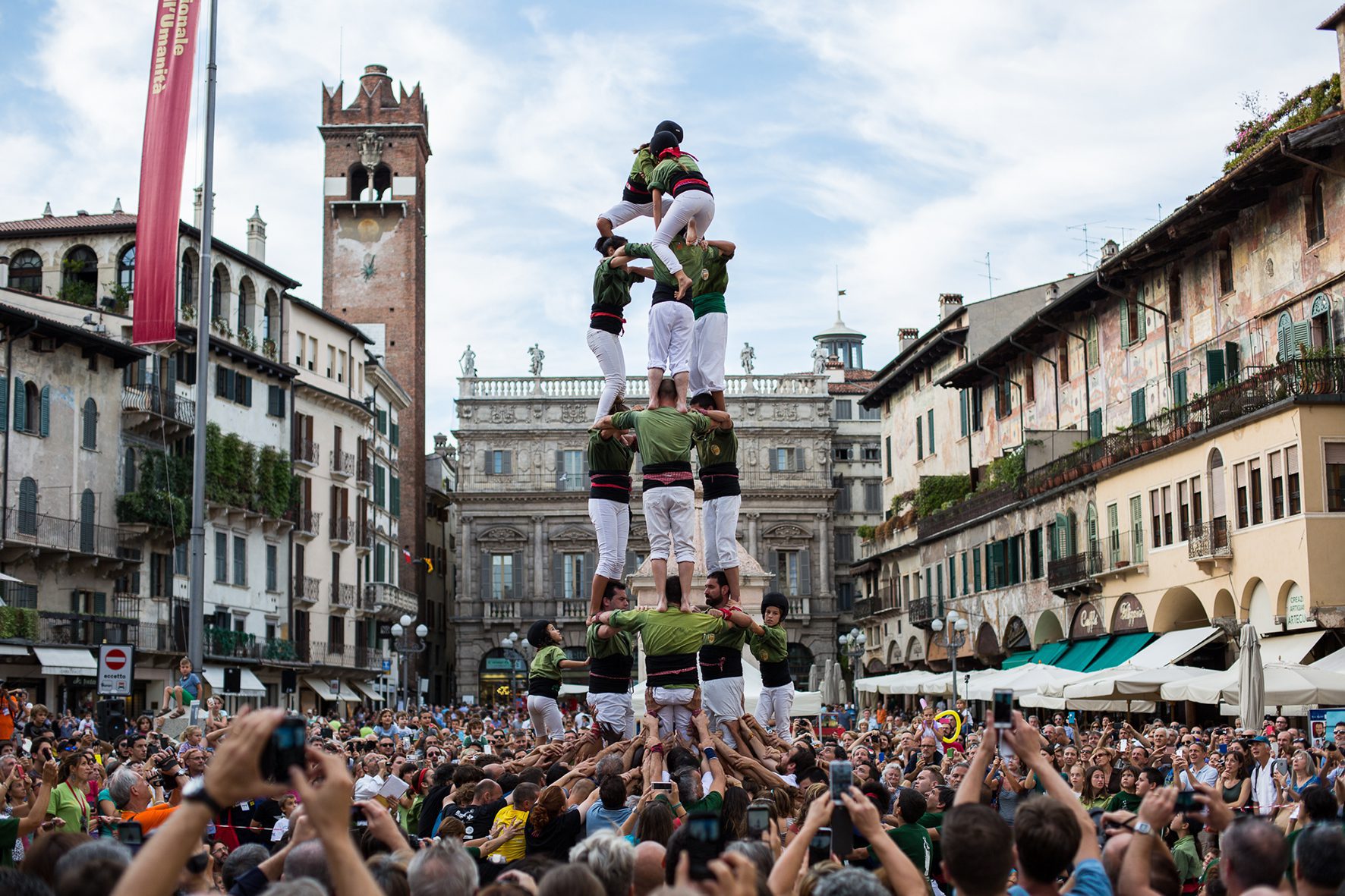
The Tocatì festival is the main action of this programme: now in its twentieth edition, the event has now become an international reference point for institutions, NGOs and traditional gaming and sport communities.
The Tocatì programme includes many initiatives at the local level, carried out with the support of the members of the 5 countries of the partnership.
☞ In Italy AGA, leader of the Tocatì programme, promotes traditional games and favours the transformation of public spaces through local, provincial, regional, national and international events that involve a growing number of Italian and European gaming communities. Among these events, the Veronese S-cianco Championship, now in its twentieth edition, is of significant local importance. Each year the event involves about twenty representatives of the province of Verona committed to challenge each other in S-cianco (Lippa): a stick game that is also the founding myth of Associazione Giochi Antichi. AGA, in fact, was born in 2002 precisely to recover and promote this practice, which now, given its spread internationally, has established itself as an instrument of dialogue between cultures and international cooperation.
☞ A Cipro team of players took part in Lippa tournament but at the same time demonstrated ‘Ligrin’ to the audience and encouraged them to play. Ligrin is a traditional game of Cyprus, that has many similarities to Lippa and is inscribed in the national Intangible Cultural Heritage List of UNESCO, since 2017 by the Folklore Association of KTIMA.
☞ In all these years, Croatia with the IPS has organised educational workshops in schools, traditional tournaments on the occasion of folk festivities, symposia with the purpose of documentation and research, and since 2016 has organized an “international festival of pljočke” to promote the game in Croatia and Europe. IPS and AGA started their collaboration in 2015 at the Tocatì Festival. We immediately noticed the compatibility of the perception of common goals and continued to meet, exchange experiences and joint activities.
☞ The FALSAB Confederation is present during European actions organized by its counterparts by participating, as regularly as possible, in festivals, conferences, and other informal exchanges of experience. These moments are very interesting for the development of practices. Each can acquire the experience of the other and thus show his land, his culture, his practice and his tradition with benevolence and friendship. The tourism of traditional practices: like other structures have created museums, festivals, like AGA with the Tocatì festival.
☞ Quilles au Maillet: Discovery and promotion of traditional Gascony games. With actions of animation and discovery of our heritage with the traditional games Skittles with a mallet, Skittles of 6, 9 and 8 within the framework of festivals, meetings, at the request of various partners or associations in the image of AGA with the Tocatì festival.
☞ Participation of groups of TGS practitioners in the Tocatì-festival, coordinated by VLAS, and/or contributions by experts from Flanders in the Tocatì symposium.
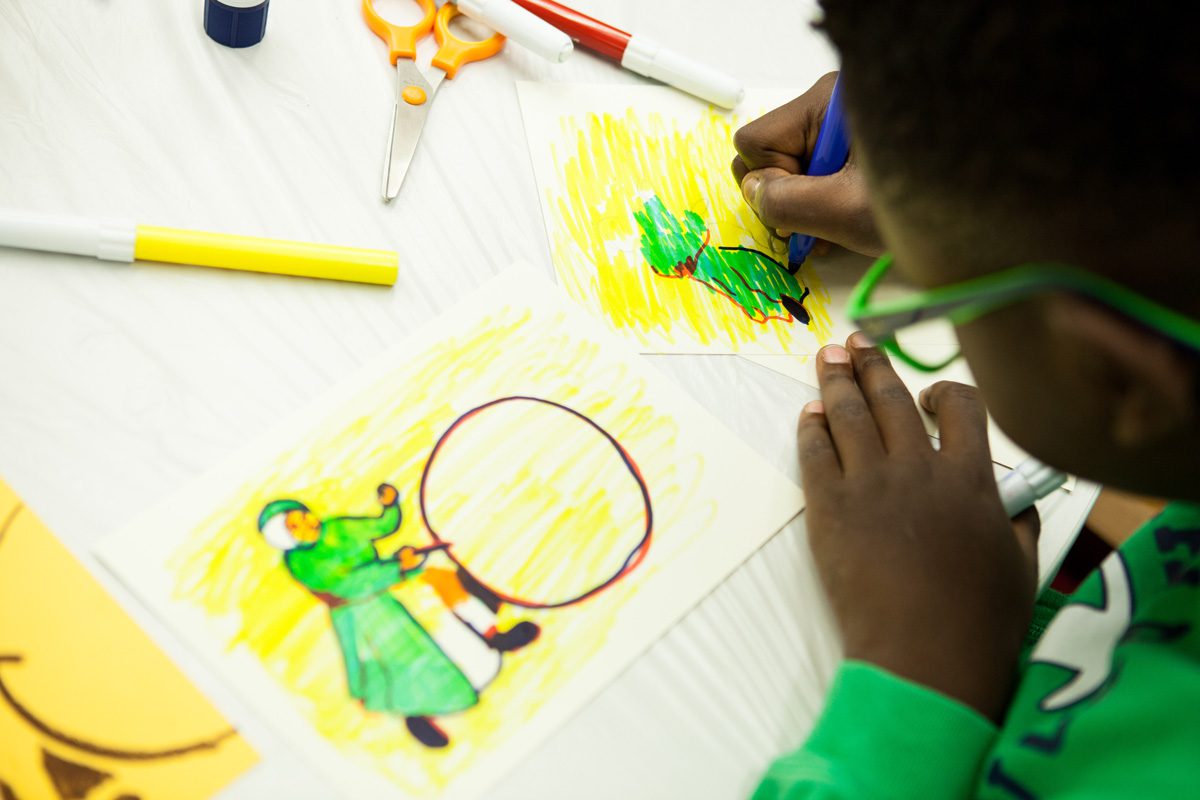
The partners of the Tocatì programme develop activities in the educational field, and collaborate in the context of European projects dedicated to education, such as the ongoing Erasmus + Opportunity project. (link to the project website).
In Italy and in Europe, the Tocatì programme promotes a constant dialogue between traditional playful communities, with which it develops formal and informal education activities, aimed at sharing good practices for the Safeguard of Traditional Games and Sports. As part of the programme AGA proposes in Italy, in collaboration with the Italian gaming communities and the MIUR – Italian Ministry of Education, educational workshops aimed at primary and secondary schools of first and second degree, with the aim of supporting the transmission of traditional games, promote outdoor play and encourage intercultural dialogue. Educational activities take place both in schools and at the headquarters of the Ancient Games Association. AGA also offers, with the contribution of professionals from various disciplinary fields, training courses for teachers, university students, associations and administrations, on the themes of Traditional Games and Sports, the safeguarding of intangible heritage and the organization of cultural festivals.
Quilles au Maillet: Development of Traditional Games among young people. In order to publicize and develop the practice of traditional Gascony Sports Games: in schools, TAPs, Leisure Centres and specialized establishments by: – introducing children to these “sports” which require skill, strength and skill: – also making them discover the richness of this heritage practiced for generations: – training teachers and animators on site. In partnership with the schools or Leisure Centres that request us, we intervene to train the teachers, the animators and we initiate the children; – developing educational materials suitable for children (file and DVD) on which teachers and facilitators can rely; – making bowling games available free of charge in schools or Leisure Centres that request it.
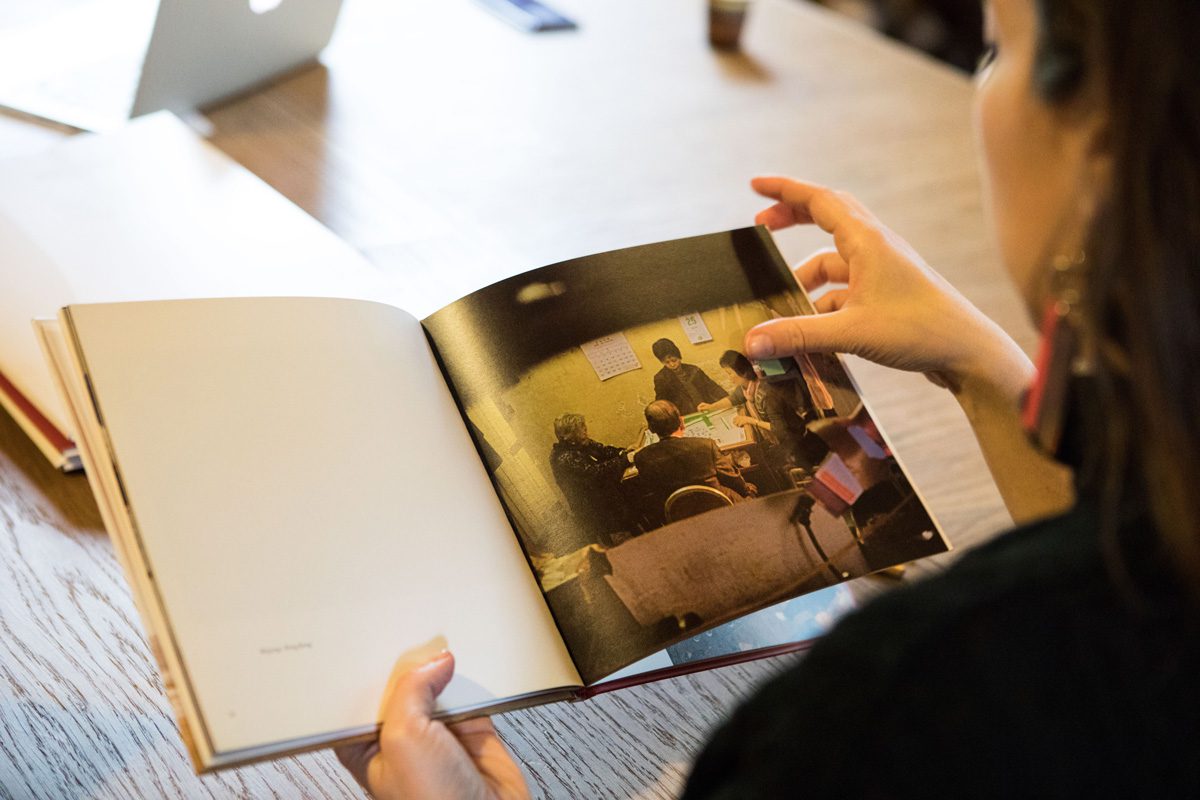
The research and documentation activities developed within the Tocatì programme in Italy and in the partner countries are diversified.
In Verona, Casa Colombare, headquarters of AGA, was born as a place for research and documentation on gaming in 2007, within the city park Le Colombare: it is a permanent laboratory for planning activities, animation of networks, research and documentation. Regular meetings are held here with the network of playful communities at the local, national and international level.
Casa Colombare is a meeting place, of memory, creativity and transmission for the safeguard and research of Traditional Games and Sports, recognised by UNESCO as elements of the Intangible Cultural Heritage. Dialogue with the other centres of the Tocatì programme, located in the 5 partner countries, for moments of training, capacity building and organisation of the Tocatì festival.
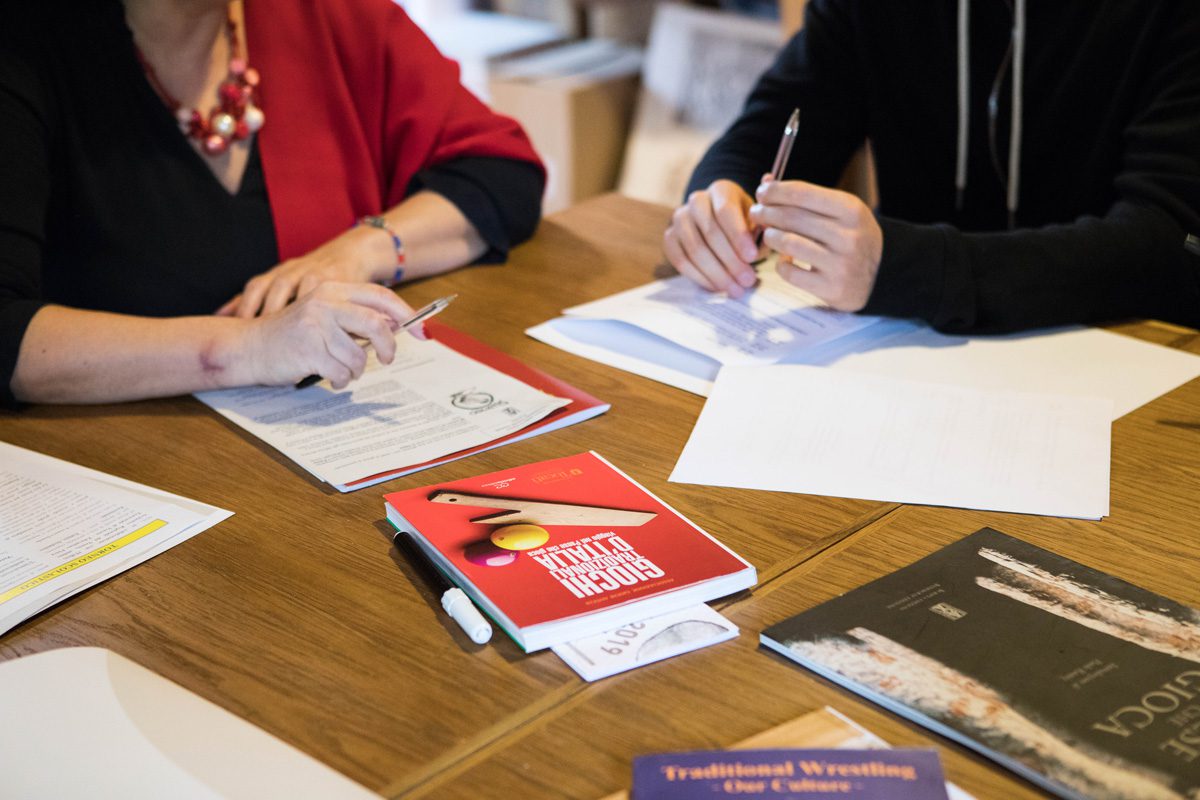
In the 5 countries of the partnership, a number of significant research and documentation experiences are underway.
In Italy, the first experience of research and self-documentation gave rise to a volume published in 2015 on: “Traditional Italian Games – Journey to the Country that Plays”
The volume is the result of AGA’s journey through Italy, in search and discovery of the diversity of traditional games as well as an original example of mapping and participatory research: 34 stages-chapters, as many as the traditional gaming communities selected for this first. edition, to know who enriches the values of popular culture with the practice of the game, to discover that the renewal of traditions and love for one’s land are treasures that are shared with the fun and pleasure of being together.
Among the 34 games in this first edition of the book, we remember the Gioco delle Noci (walnuts) in Liguria, an ancient popular game of Monterosso that takes place in the first week of September, the Gioco del Ferro (Piedmont), a game of skill and strength. whose rules are handed down orally, the Pallone col Bracciale (Marche), born in the Renaissance courts but of ancient Greek-Roman origins, S’istrumpa (Sardinia), a fight that is characterized by its nonviolence. But also, the Corsa con la cannata (Lazio), in which only women can participate, the Tsan, (Valle d’Aosta), born as a custom of the shepherds who to pass the time throwing stones with their sticks, and the Capanna, a game where the panforte becomes an engaging tool in a popular Christmas time game.
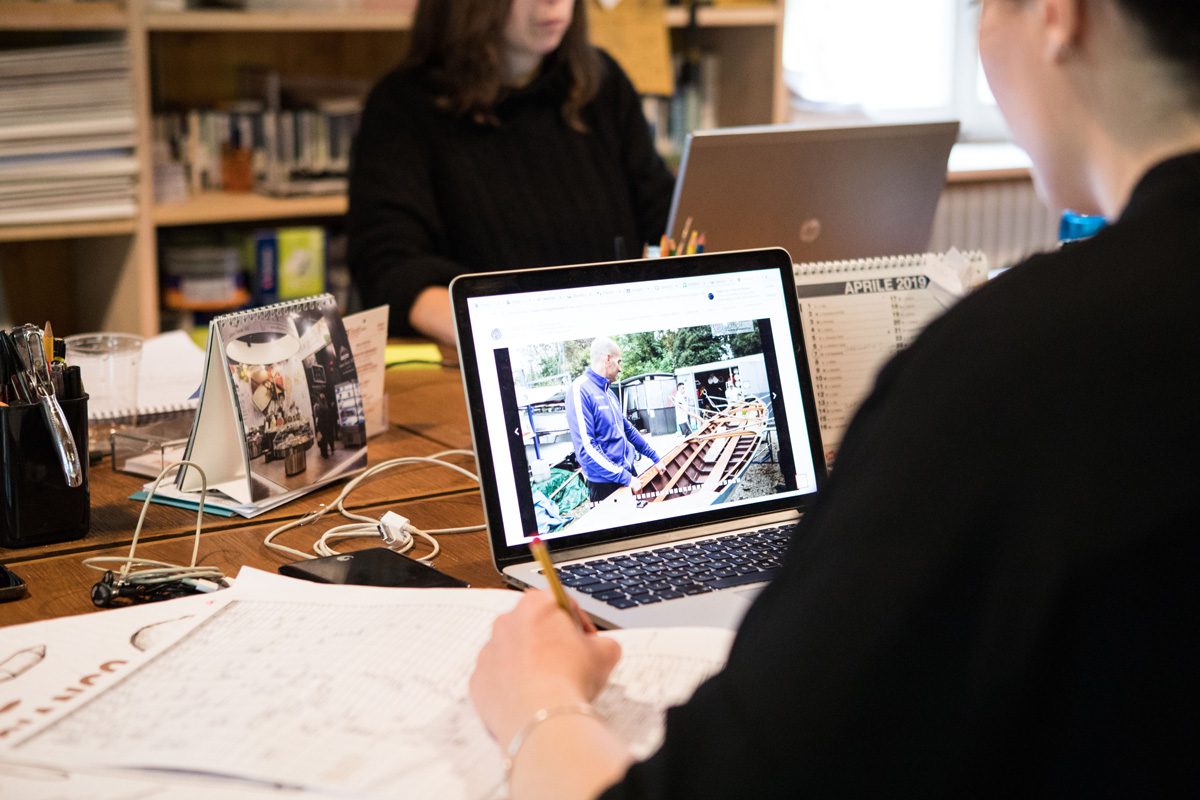
Among the countries of the partnership, France and Belgium, with the game diversity programme, have significant and pioneering experience in the inventory of traditional games. In Croatia and Cyprus, more recent and significant experiences are underway.
In Italy, with participation in the tender dedicated to the intangible heritage of the Lombardy Region, the Ancient Games Association (AGA) inaugurated a new season of studies in 2018, dedicated to the inventory of traditional recreational heritage in close dialogue with the communities of practice. For us, who have had the good fortune to engage in this project by discovering “a Region that plays”, this will remain an unforgettable positive experience. We worked online: some of the communities that welcomed us are part of a movement that every September moves towards the Tocatì of Verona. They have been AGA’s fellow travellers for many years. Other communities were a further discovery. We sincerely thank all of them for the valuable work they have made possible, sharing their traditions with us and guiding us along fascinating hidden paths. Thanks to them we continue to discover that the traditional game is much more than it seems: the game is embedded memory, it is a rule, a need and a passion, an adaptation to transformation, communication and health, sociability and a sense of community, celebration and daily life.
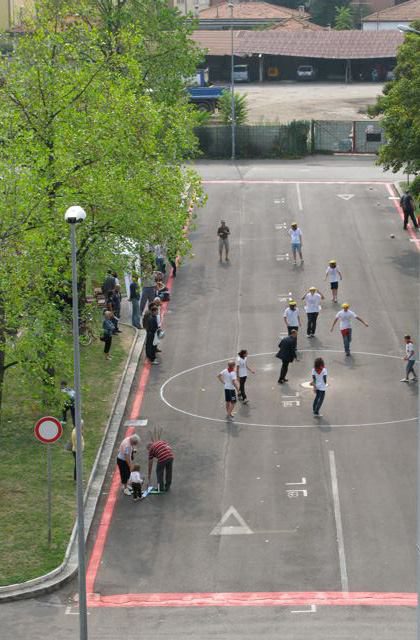
A goal of the Tocatì programme is to sensitize administrations to the recovery of street play, showing that this represents a precious tool for transforming and recovering urban spaces. This recovery improves the administration’s dialogue with citizens and stimulates their active participation, enriching the quality and well-being of the places of daily life.
Relevant experiences are underway in the 5 countries of the partnership.
In Verona in 2009, at the request of the inhabitants of a district of the city and with the support of local administrations, the first “street dedicated to gaming” in Italy was opened in the Borgo Venezia district of Verona: La Strada del Gioco (the Road of Game).
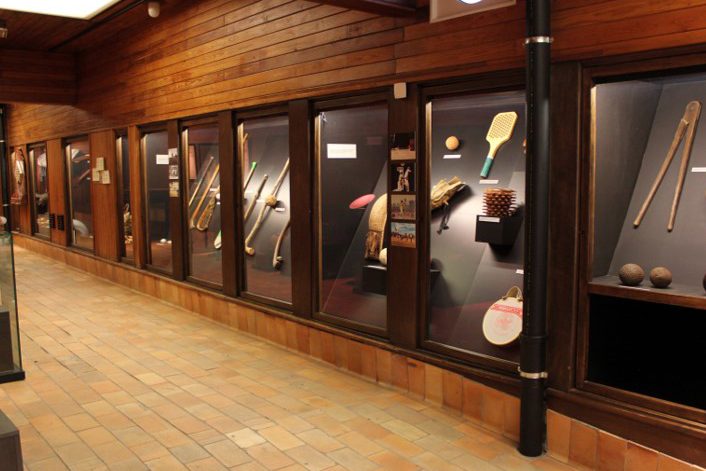
In all the countries of the partnership, theme parks are experiences in strong development and of great relevance. In Belgium, Sportimonium was the first museum, research and play practice thematic centre in Europe.
In Italy, in July 2019, with its own project already approved by the Superintendency of Cultural Heritage, AGA allowed the Municipality of Verona to access financial coverage for the construction of the works of the Traditional Italian Games and Sports Park and the extension of the Casa Colombare, future “Centre for the Safeguarding of Traditional Games and Sports” (PON Culture and Development 2014/2020). The works will begin in 2022 with the inauguration scheduled for 2023. The entire project will lead to the creation, unique in Italy, of a cultural play centre dedicated to traditional games and sports, an international meeting point where communities and all enthusiasts will be able to find information, food for thought and above all other players belonging to the most diverse gaming communities, with whom to share gaming experiences. Casa Colombare will be able to develop new projects with other thematic centres located in the countries of the Tocatì programme, as like Sportimonium in Belgium (https://www.sportimonium.be/en).
☞ The FALSAB Confederation created in 2018 a leisure park dedicated to the discovery of traditional Breton games and sports. This park combines intangible cultural heritage with traditional Breton games mainly but also from France and around the world, built heritage with the lock house and the bread oven, and river heritage with the passage near the Nantes-Brest Canal.
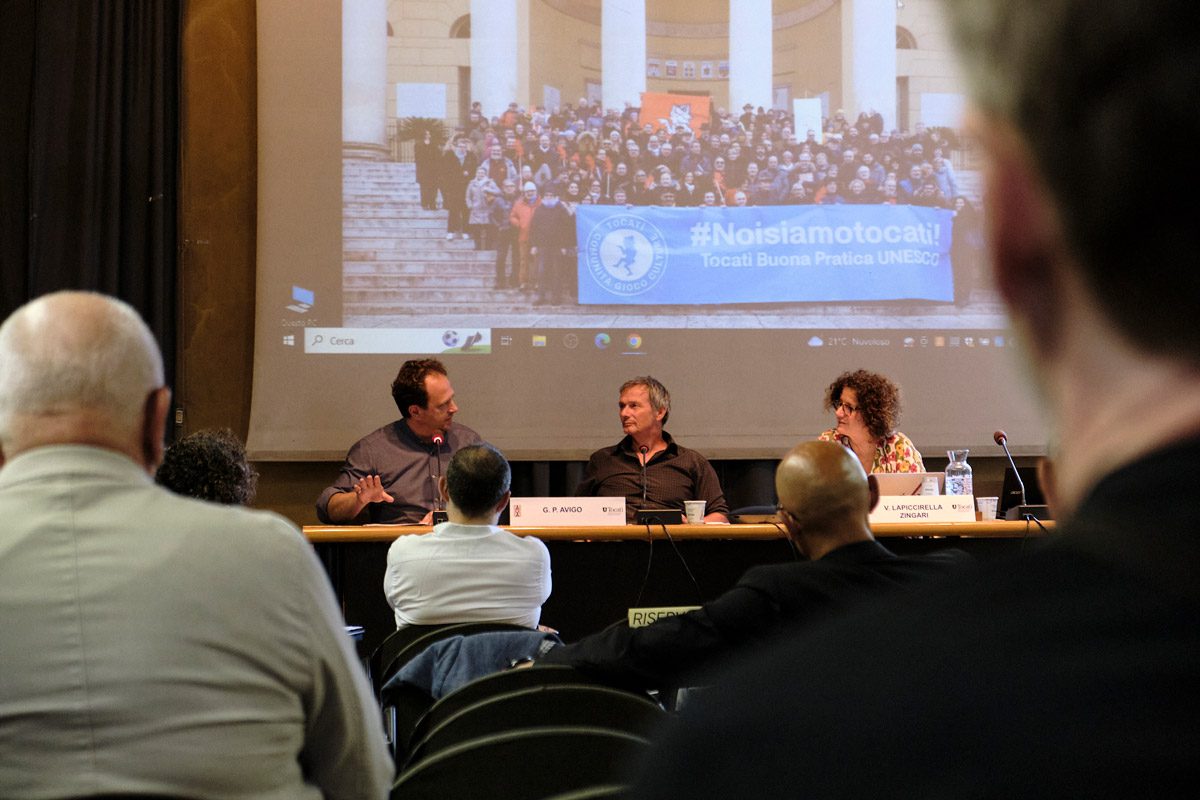
In Italy, on a national level, the meetings Tocatì – The Days of the Immaterial have inaugurated, since November 2017, the construction of an Italian network for the Safeguard of the recreational heritage. These are days of exchange of experiences, training and strengthening of the capacities of communities and institutions, which constitute around AGA – leader of the Tocatì programme – a solid network for the Safeguard of a little known and studied intangible heritage. A network that reveals and represents an unprecedented Italy, rich in traditions and creativity: the Italy of traditional games.
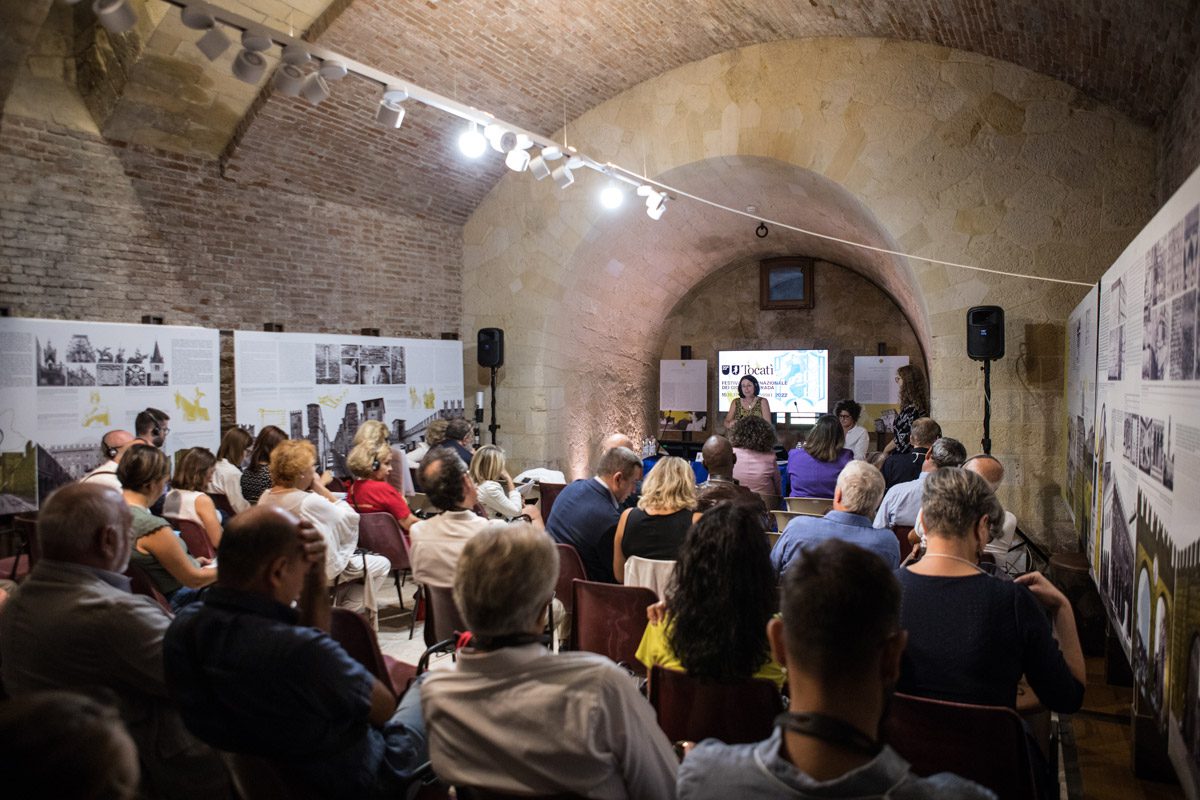
At the international level, the annual Symposium Tocatì a shared heritage, in the framework of the Festival, has brought together the network of the candidacy partnership since 2016. Each year, themes of common interest were proposed, such as: Towards an online candidacy project of the Festival (2016), Challenges of Tocatì’s multinational candidacy process in the Register of Good Practices for the Safeguard of Intangible Cultural Heritage (2017), Re-thinking Tocatì for Europe (2018), The participation of communities. Dialogues between civil society and institutions (2019), Time for community: between intangible heritage and educational contexts (2020), Intangible cultural heritage in a time of pandemic. Reflections from Italy (2021).
The Symposium regularly brings together and brings to visibility the network of communities and groups belonging to the Traditional Games and Sports movement (AEJEST), a significant network of ICH accredited NGOs, the partnership institutions, consolidating commitment and work prospects inspired by article 18 of the Convention for the Safeguard of the Intangible Cultural Heritage.
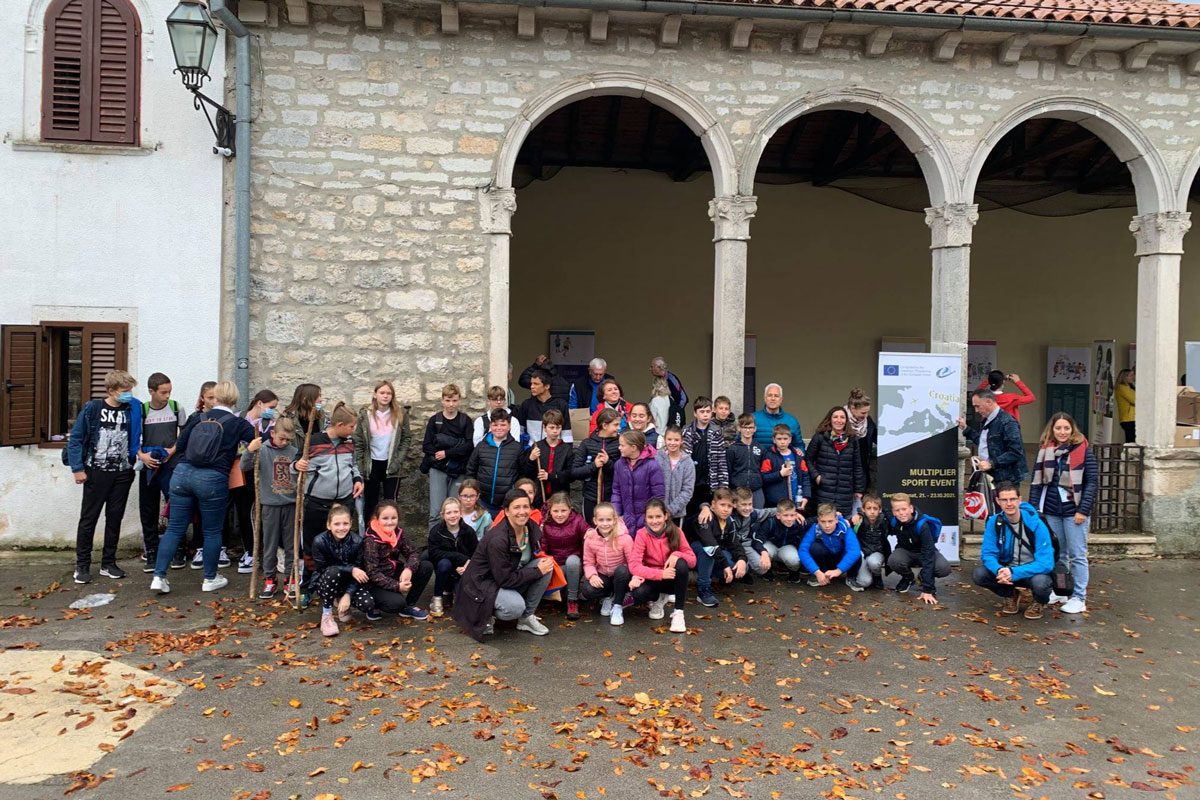
The partners of the Tocatì programme have started, since 2015, a work of European planning and cooperation with other organisations to support the safeguarding of Traditional Games and Sports, in order to:
• Promote the development of the individual by setting in motion bodily, affective, emotional, social and cognitive dynamics such as to contribute holistically to personal and relational growth and contribute to health;
• Promote knowledge and Safeguard of European Traditional Games and Sports, promoting intercultural dialogue, social inclusion and gender equality.
The leading association of the Tocatì programme, AGA, to pursue these goals, has coordinated or participated in various European projects, for the education, sport and culture sectors.
☞ CROATIA: The membership of IPS Croatia in AEJeST has enriched and expanded this collaboration, and the crowning point is the partnership in the international candidature for the UNESCO Good Practice Register and partnership in Erasmus+ project Opportunity;
☞ FEDERATION OF TRADITIONAL BASQUE GAMES AND SPORTS OF IPARRALDE: Affiliated to the Federation of Basque Games and Sports of Iparralde, we are part of its steering committee. This is how we discovered the rich and diverse world of traditional sports and games in Europe through AEJ and ST and around the world with ITSGA;
☞ QUILLES AU MAILLET: Quilles au Maillet is a member of several international networks (AEJST, TAFISA), regional networks in the field of sport, culture, (CROS Occitanie Culture Diversité, etc.). La Quille au Maillet participates in meetings and exchanges with other game players in France and Europe.
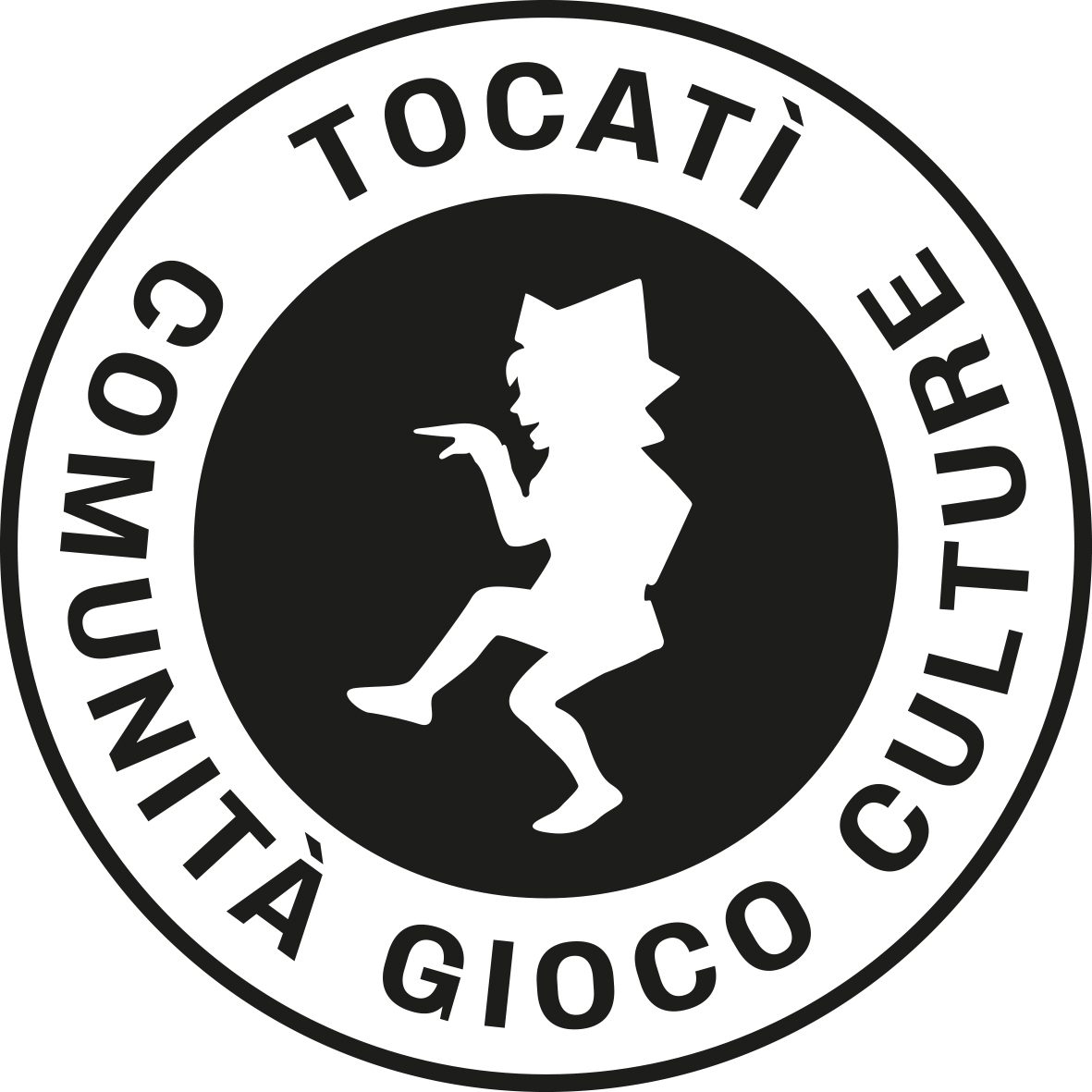
To protect the communities of practitioners and holders, players and players, the Tocatì programme is developing in Italy a work of formalizing agreements with research and training institutions, such as the University of Verona and other universities, public bodies such as municipalities and regions, civil society associations. This work includes training and capacity building activities, design of shared communication tools, such as a programme logo, to protect the network communities.
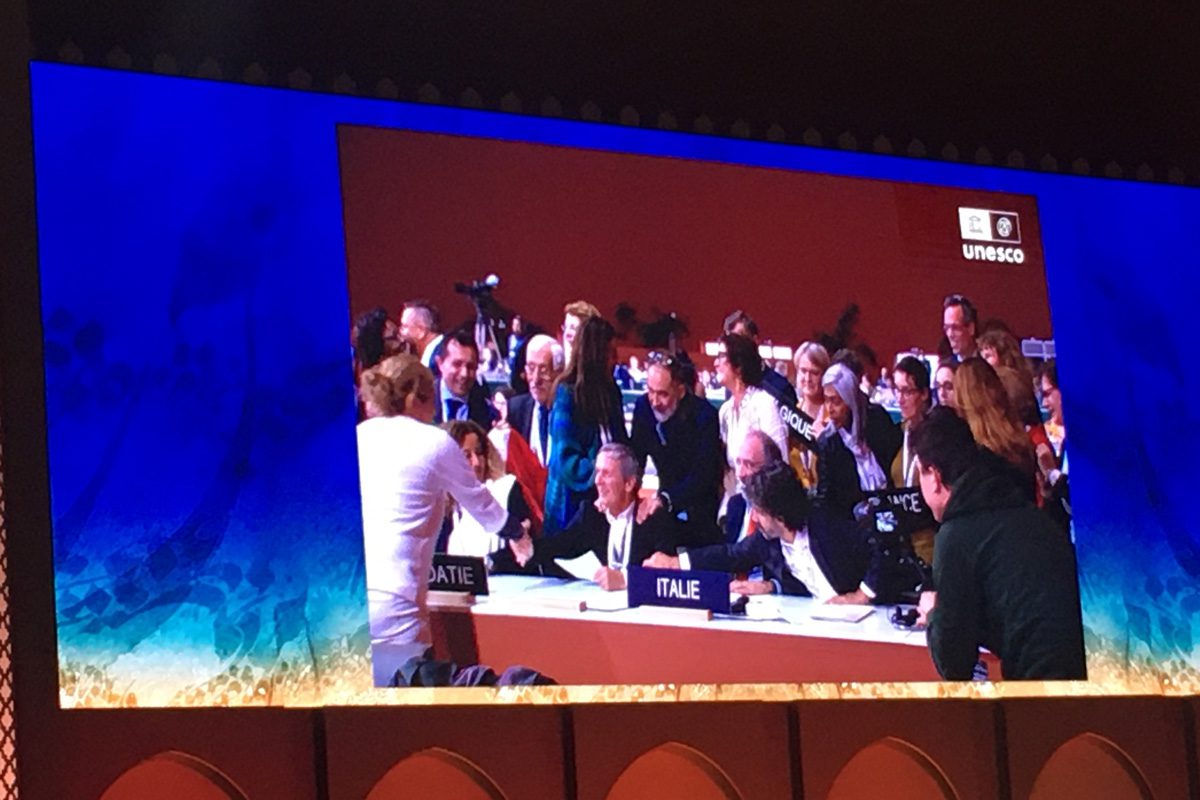
Tocatì – Shared Programme for the Safeguard of Traditional Games and Sports is officially nominated for the Register of Good Practices for the Safeguard of Intangible Cultural Heritage (UNESCO). This is a multinational candidacy, promoted by numerous traditional gaming communities and by the Ministries of Culture of Belgium, Cyprus, Croatia, France, of which Italy is the leader.
The complete dossier is available online: on line